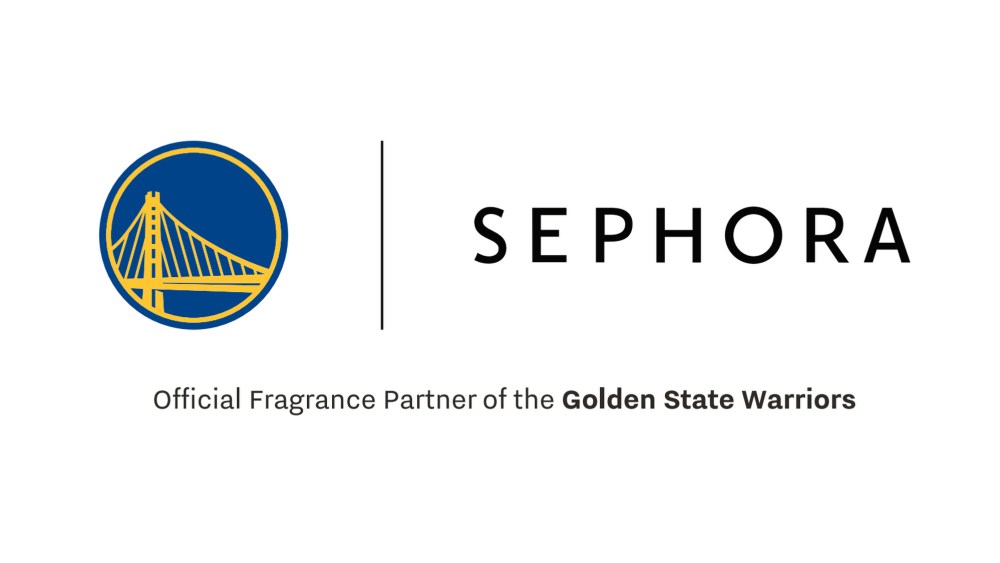Direct-to-consumer lifestyle brand Quince aims to disrupt traditional supply chain models to deliver customers high-quality products at a lower price, and has been making a name for itself in the fashion and home furnishings industries since its 2018 launch.
Quince is built on the model of forgoing the middleman between itself and factories, which chief executive officer and cofounder Sid Gupta said is one of the big reasons why brands mark up their products.
“We’ve tried to look at each part of the supply chain and figure out how we could improve the outcome for the customer,” he said. “We went directly to the factory. Something that distinguishes us is that we then went a step further. We went to the mills who spin the yarn, and then we went a step further. We went to the people who processed the raw yarn, or the raw fiber from the cashmere goats. We have people in inner Mongolia and other places who literally visit the goat herders and are in touch with each part of the value chain.”
Gupta explained that this process takes out the middleman at multiple steps of production, which ultimately “reduces costs and improves sustainability,” he said.
You May Also Like
The executive said the approach is sustainable, and allows Quince to avoid overproduction. Since the company works directly with factories, it can control the quantities produced of each item. Quince prides itself on partnering with best in-class factories, many which already operate on sustainable and ethical standards, Gupta said.
Last year, it was reported that Quince generated $300 million in revenue. According to sources familiar with the company, Quince is aiming to double that amount for 2024.
In terms of materials, Gupta added that roughly 80 to 90 percent of Quince’s products are created with organic, recycled or natural materials.

“We don’t really push the sustainability angle as the first message for Quince, mostly because I think all businesses are not sustainable,” he said. “We all have so much work to do. We’ve tried to do it quietly. We’ve tried to do the right things for the customer. We’ve tried to make the right choices for the 21st century. Could we be doing more? 100 percent. There’s so much more we can keep doing and that’s something we keep working on and keep pushing on.”
While sustainability might not be central to Quince’s messaging, its price points are clearly marketed to customers. On each product page, Quince offers a comparison chart where it lists its prices in relation to competitors like J.Crew, Banana Republic, Naked Cashmere and Reformation, among others.
For example, Quince’s bestselling women’s Mongolian cashmere crewneck sweater is priced at $50 in comparison to similar styles from J.Crew (priced at $128) and Everlane (priced at $158).
“Really high-quality factories already embrace many of the things we want to do from a sustainability, from an ESG perspective,” Gupta said. “We’re not about low quality, low price because there are people already doing that. There are people already doing high quality, high price — neither is really innovative. It’s only innovative when you sell high quality, low price and there’s no shortcuts for that. You can’t go to a tier-three factory and at scale expect high quality. It won’t get you there.”
This strategy is applied to each category the company enters, including recent additions like furniture, cookware and denim. Quince will continue its expansion this fall with several category launches, according to Gupta.

The CEO explained that patience is crucial when launching Quince into new categories. For many of its new categories, Gupta said the vetting process for factory partners can take more than a year.
“We would just be patient until we get the right quality of the product that meets the right specs to be able to launch a product,” he said. “So, we wouldn’t expand into a category or wouldn’t launch product just for the sake of it. It’s got to deliver. It’s got to be the best in its class.”
Quince recently revamped its cashmere offerings, which the company is best known for. The new collection is said to have improved softness and durability.
“We had to actually put 20 percent more cashmere fiber into the garment,” Gupta said. “A lot of companies would be like, ‘it’s going to hurt the bottom line.’ But for us, we were just really focused again on delivering the best product — high quality, low price. We just kept wanting to push the high-quality angle.”
As Quince continues to grow, Gupta said the company has its sights on international expansion as it’s seen interest among global customers. After hosting a New York pop-up last year, Quince also plans on hosting similar in-person activations in other U.S. cities.
Alongside its growth, Gupta’s mission is to continue working towards the brand’s sustainability goals while offering best-in-class products.
“I don’t claim that Quince is perfect in sustainability or that we have nothing left to do,” he said. “We have so much to do. We can get so much better. But, I think we are doing more than people think. I think that’s the most important — we’re trying.”


